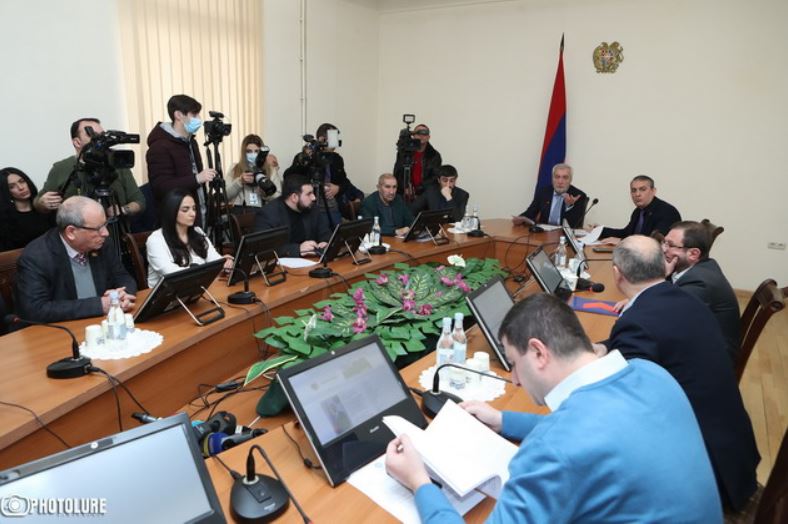Imagine, the authorities want to change the Law on the Press. It seems that such an intention really exists, and those who write this new law invite me to ask for my opinion. Suppose I agree to participate in such a discussion, and in particular I say that the notion of “ethical norms” should not be included in such a law in any way because it gives too much scope for interpretation. For example, you do not know how for the government, “kicking” in the parliament or calling the opponents “immoral outcasts” fits into those norms, and saying “land giver” and “capitulator” does not.
Then, after all these consultations, a law is brought to the National Assembly, according to which 10 years of imprisonment is envisaged for “violating ethical norms” in the media. Naturally, the Civil Contract enacts the law and goes on to say that the bill has been “widely discussed with experts.” How will I feel as a professional with whom the bill has been “widely discussed”? I can, of course, describe my feelings. I will think that I am, to some extent, responsible for the adoption of this absurd law.
Now the Civil Contract members who have repeatedly spoken about the culprits of the defeat in the war, are inviting the opposition in a “constructive” spirit to participate in the work of the commission investigating the reasons for that defeat. Isn’t it clear that they will eventually write in the conclusion of that commission what they want and what they have decided and announced in advance? Opposition members of the minority in the commission will protest against it, but it will not change anything, it will just open a new arena for verbal warfare. Talking about all sorts of other scenarios is hypocrisy.
Now let’s compare these two cases. I am not an MP; my vote is purely advisory. But the whole problem is that the opposition deputies have as much leverage to influence the situation as I do, their voice is as consultative. Moreover, the voice of the Civil Contract deputies, by and large, does not matter either; they simply reproduce the point of view of their “boss,” and in fact, only his voice is important. If the Prime Minister said that the reason for the defeat in the war was the former regime’s plundering, then the Civil Contract deputies will write exactly that in the conclusion of their committee, finding evidence and beautiful formulations for that.
Read also
You ask, why are American congressional committees so influential, and why are their conclusions so unpredictable? The answer is known. Congress members are independent politicians, they are accountable only to their constituents, not to the party leader or the US president.
Aram Abrahamyan






















































